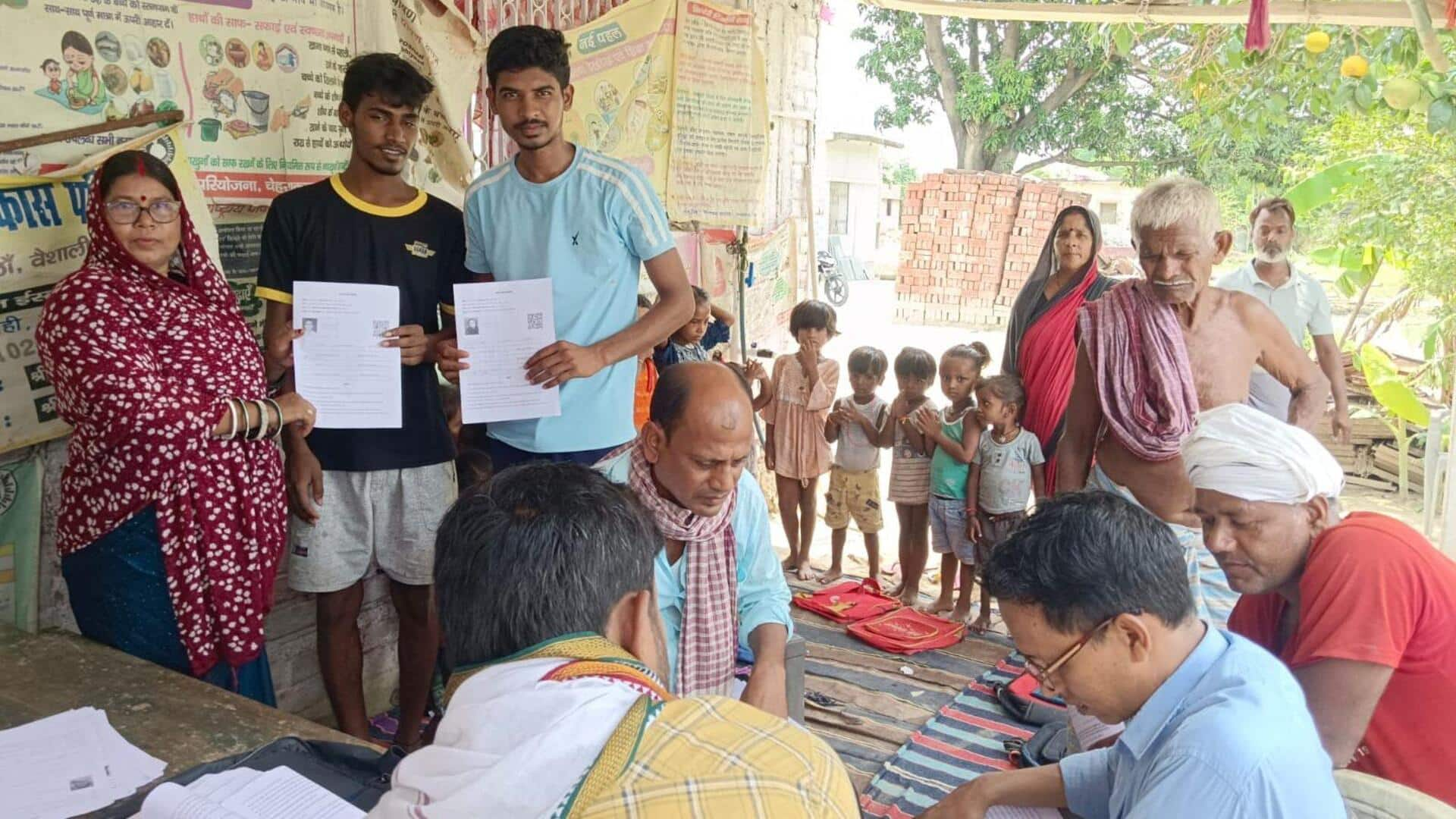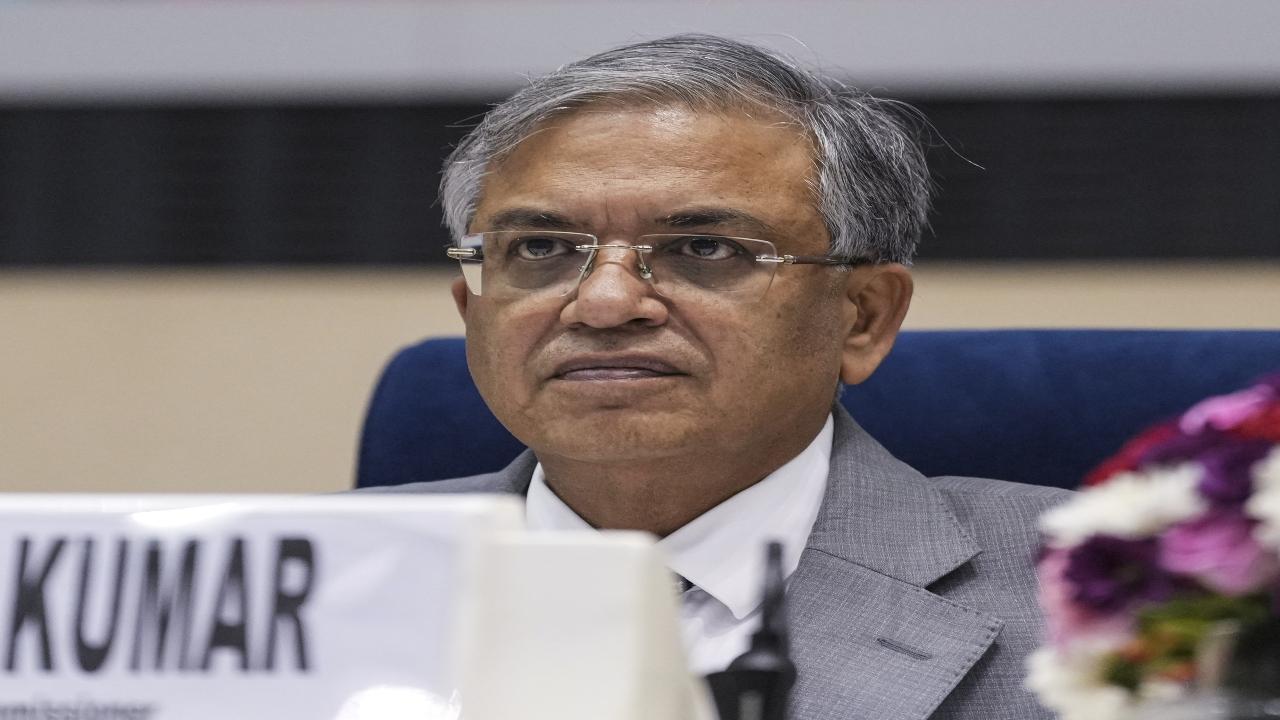The Bihar Assembly elections have been announced, and all eyes are now glued to November 14, the day when votes will be counted and the final results declared. This election holds immense importance for various reasons, not least because it puts the credibility of the Election Commission of India (ECI) at stake. Regardless of the outcome, a serious debate is expected post-results on whether the votes were polled and counted fairly, and if the outcome was manipulated to favor any particular party.
The role of the Election Commission has rarely been discussed with such intensity since the days of T.N. Seshan, the Chief Election Commissioner credited with transforming the EC into a powerful institution that refused to bow to government pressures. Seshan’s tenure gave the EC “ferocious teeth” to confront big political parties, powerful Prime Ministers, and Chief Ministers, cleansing an electoral system once marred by violence and chaos on polling days.
Before the election announcement, the Special Summary Revision (SSR) of the voters’ list became a hot topic. Opposition parties alleged that the revision was designed to benefit the ruling National Democratic Alliance (NDA) by deleting and adding voter names to ensure a victory for the BJP/JD(U). The SSR itself was challenged in the Supreme Court, which ordered the Election Commission to disclose reasons for the deletion of each of the 6.5 million names removed from the draft list.
The EC had initially resisted using Aadhaar cards to verify the voters’ list but eventually complied following a stern order from the Supreme Court. There were widespread claims that many foreigners’ names had been included in the list at the behest of the Opposition to counter the BJP/JD(U). However, until the time of writing, no such names have been found, and no arrests made to substantiate these claims. This was essentially a hoax that played into the BJP’s narrative accusing the Opposition of using names of Bangladeshis and Rohingyas to polarize the election.
In this crucial election, the EC must demonstrate that Indian elections cannot be manipulated. Elections should not only be conducted fairly but should also be perceived as fair by the public. More than any political party, the EC has to prove that it acts impartially and above suspicion. The SSR was not meant to favor any party, but to ensure a clean and accurate voters’ list.
For Prime Minister Narendra Modi and the BJP, this election is particularly significant. Rahul Gandhi-led Opposition parties have accused them of manipulating the election through the EC. The BJP must prove that these allegations have no merit and that their victory — should it come — is the result of voters’ choice, not manipulation. Even if BJP loses, this should not be construed as evidence against the integrity of the election process but rather should help put an end to the vote-chori (vote theft) debate that clouds Indian elections.
Since the 2024 parliamentary elections, Rahul Gandhi has emerged as a powerful opposition leader. He is increasingly setting the political agenda and provoking strong reactions from the BJP—whether on the Save Constitution campaign, the demand for a caste census, or the current vote manipulation allegations. Rahul is now seen as a serious challenger to Prime Minister Modi. According to a C-Voter survey, he is gradually closing the popularity gap for the Prime Minister’s post.
However, Rahul Gandhi has faced setbacks too. Since becoming the Congress president, he has lost more elections than he has won and must now prove that the Congress’s seat increase in 2024 was not a one-off. His ongoing Voter Adhikar Yatra has attracted large crowds and energized grassroots Congress cadres, but whether this momentum will translate into electoral gains remains uncertain.
Tejashwi Yadav came close to victory in the 2020 Bihar Assembly elections but missed it by a whisker. As a newcomer then, he boldly made unemployment the central election issue. The Modi-Nitish alliance had to work hard to secure their win. Since then, Tejashwi has grown as a leader and is now the lone face of the Mahagathbandhan (Grand Alliance). In most opinion surveys, he is the preferred choice as Chief Minister over Nitish Kumar. But can he really clinch the win? That remains the million-dollar question.
Two decades is a long time in politics, and with it comes anti-incumbency — Nitish Kumar is no exception. To counter public anger, he has been doling out direct cash transfers, especially targeting women voters. Whether this tactic will work again as it did in Madhya Pradesh, Haryana, and Maharashtra remains to be seen.
This election is likely Nitish Kumar’s last. His health is failing, and he appears frailer, reportedly losing administrative control. There is speculation that others are running the government and the JD(U) behind the scenes. Nevertheless, Nitish should not be underestimated as a maverick in Indian politics who has survived two decades as Chief Minister. Even at this stage, he might yet pull a rabbit out of the hat to unsettle his rivals.
Bihar holds a great history as the land of mighty empires. Yet today, it remains India’s poorest state with the lowest per capita income. Nearly 34% of households earn less than Rs 6,000 a month, and over 95% of the population does not own a vehicle. Bihar urgently needs new thinking and fresh ideas to break free from the cycle of backwardness and poverty.
Can this election prove that Bihar’s voters prioritize real issues over caste? Only time will tell.
—
*The writer is Co-Founder of SatyaHindi.com and author of Hindu Rashtra. He tweets at [@ashutosh83B](https://twitter.com/ashutosh83B).*
https://www.freepressjournal.in/analysis/bihar-assembly-elections-2025-might-prove-to-be-a-litmus-test-for-many


